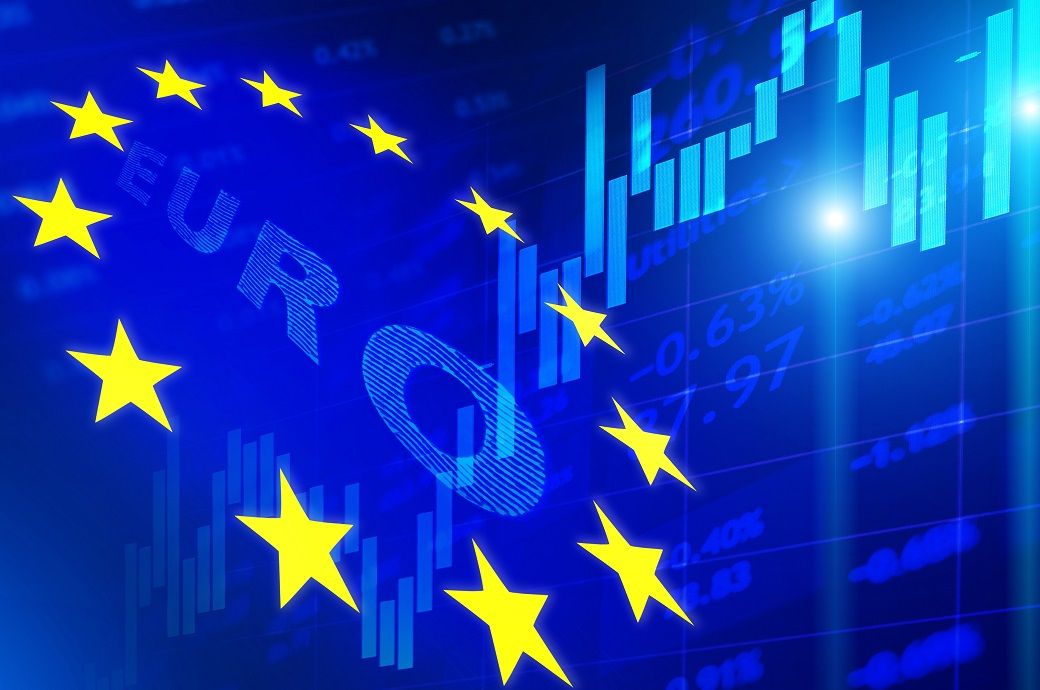
Expectations for inflation three years ahead edged down from 2.5 per cent to 2.4 per cent. Inflation expectations remained well below the perceived past inflation rate, particularly at the horizon of three years. Uncertainty about inflation expectations 12 months ahead was unchanged, remaining broadly in line with the elevated levels observed since March 2022, according to the latest European Central Bank (ECB) Consumer Expectations Survey (CES).
Inflation perceptions and expectations were closely aligned across income groups, but younger respondents, aged 18-34, continued to report lower inflation perceptions and expectations than older respondents, aged 55-70.
Consumers expected their nominal income to grow by 1.2 per cent over the next 12 months, down from 1.3 per cent in January. The small decline reflects the lower expectations of consumers in households with median or below-median incomes. Perceptions of nominal spending growth over the previous 12 months rose to 6.6 per cent, from 6.3 per cent in January. Expectations for nominal spending growth over the next 12 months rose slightly to 3.9 per cent, from 3.8 per cent in January. This slight increase was mainly driven by older respondents aged 55-70.
While still pointing to a contraction, economic growth expectations for the next 12 months continued to increase, rising to -0.9 per cent from -1.2 per cent in January 2023. In line with the higher expectations for economic growth, expectations for the unemployment rate 12 months ahead declined to 11.5 per cent, compared with 11.6 per cent in January, added the release.
Consumers continued to expect the future unemployment rate to be higher than the perceived current unemployment rate, 11.1 per cent. The lowest income quintile reported the highest expected and perceived unemployment rates.
The CES is a monthly online survey of currently around 14,000 adult consumers (aged 18 or over) from six euro area countries—Belgium, Germany, Spain, France, Italy, and the Netherlands.
Fibre2Fashion News Desk (NB)